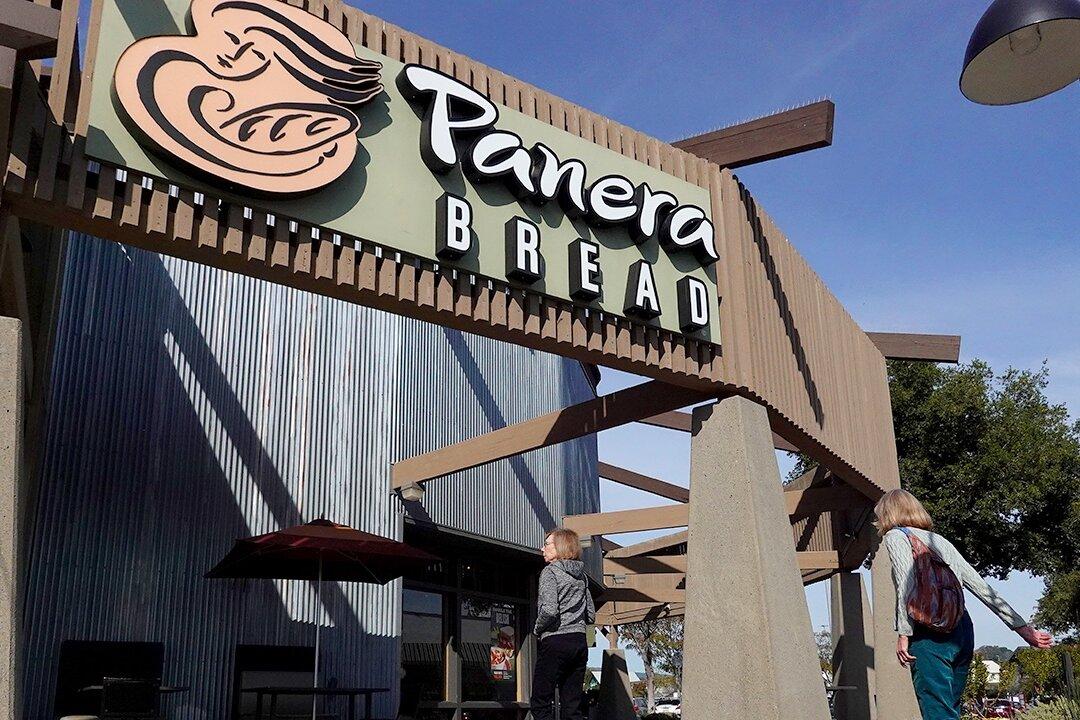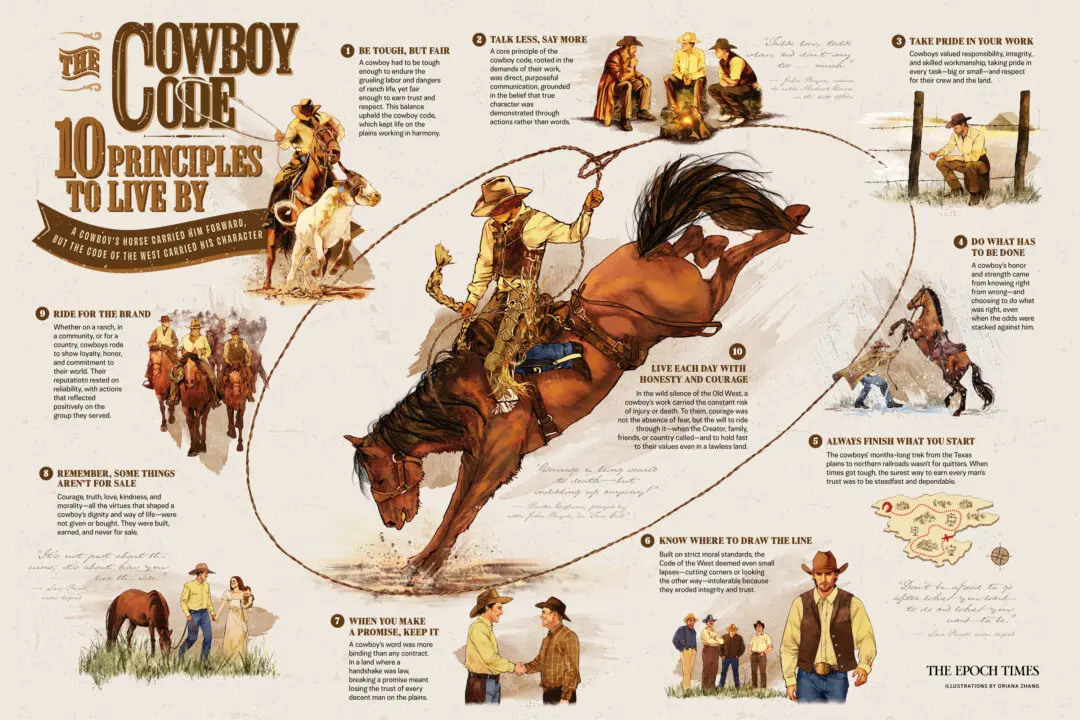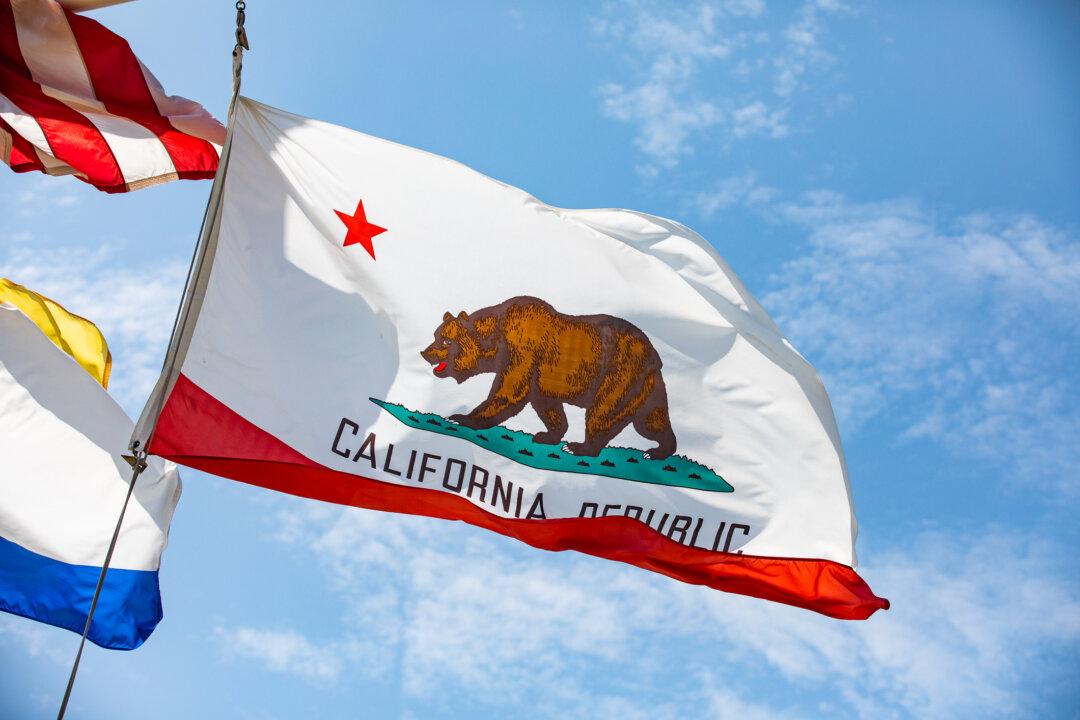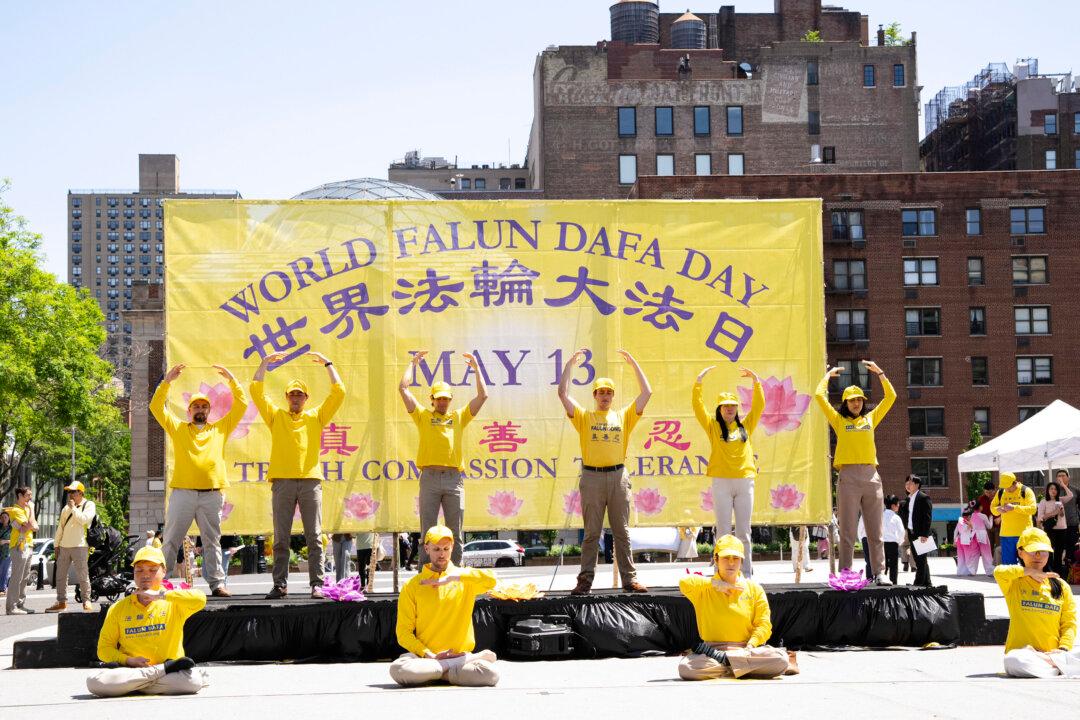A billionaire restaurant mogul and Gov. Gavin Newsom donor said March 5 that the Panera Bread establishments he owns across the Golden State will pay employees the minimum wage of $20 per hour established by the state’s recent fast-food restaurant law.
Controversy arose last week regarding whether Panera Bread would be exempt from the new law.





